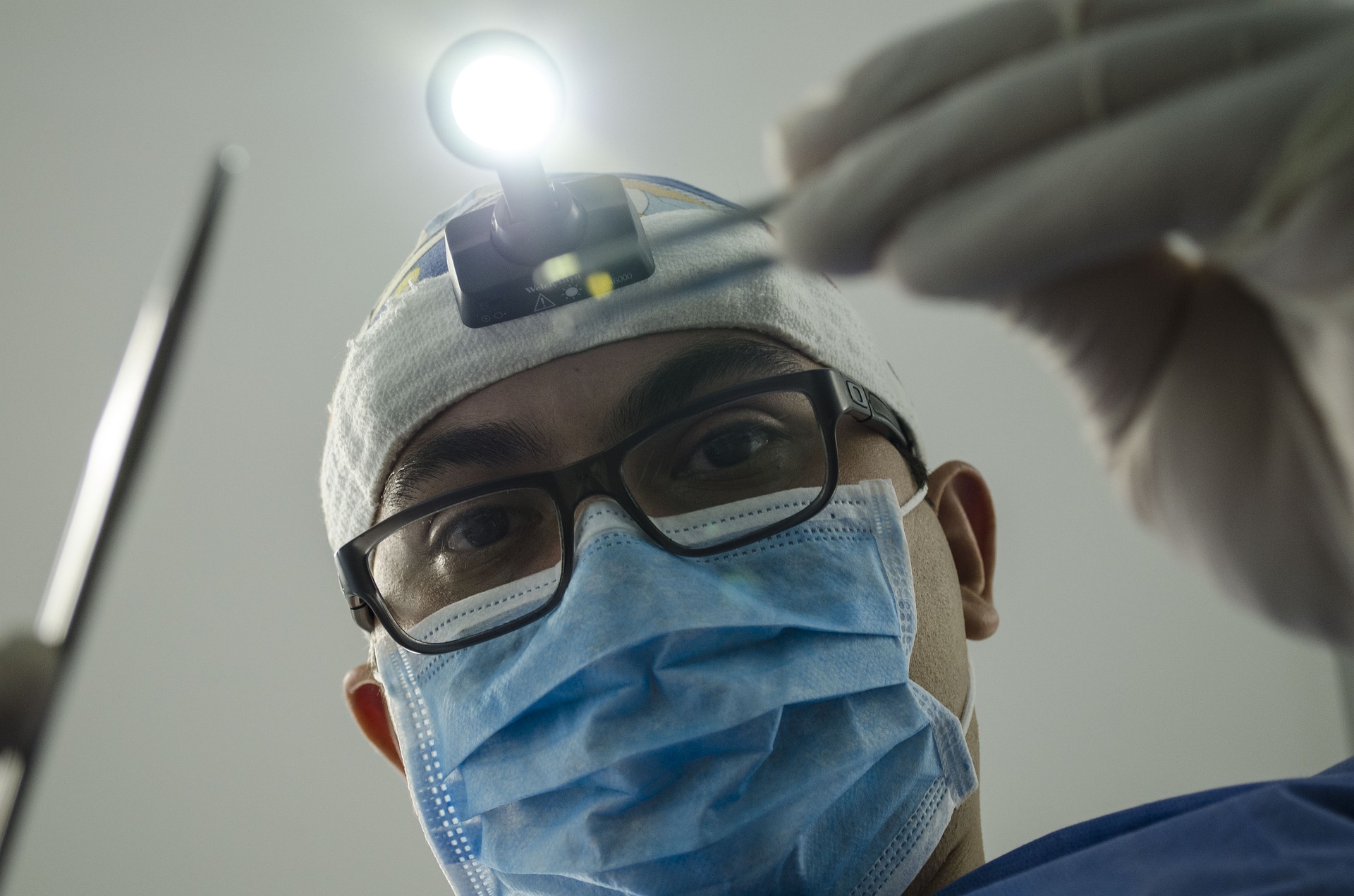The Okinawa Institute of Science and Technology Graduate University scientists have developed a fast, reliable, and low-cost antibody test to fight against Covid-19, using portable lab on chip technology. This method accurately measures the concentration of antibodies present in diluted blood plasma.
Antibodies are proteins that the immune system generates for neutralizing the virus. Research has shown that COVID-19 antibodies are found in the late stages of infection and may persist in the blood after the infection has passed, allowing for the identification of previously infected persons. Antibody testing is also an essential way to assess the complete distribution of Coronavirus knowledge that is critical for directing public health policies.
Dr. Riccardo Funari from OIST said several existing antibody testing platforms are precise, but they are expensive and need to be carried out by qualified operators in a laboratory. That means it can take hours to obtain results or even days. Other tests are simpler to use, compact and simple but are not reliable enough, which hampers research efforts.
By designing an alternative antibody testing platform that combines a strong light-sensing technology with a microfluidic chip, the researchers avoided this trade-off between precision and accessibility. The chip produces results within 30 minutes, and is extremely sensitive, detecting even the lowest concentration of clinically significant antibody. Every chip is cheap to produce and negates the need for a laboratory or qualified operator, raising the feasibility of testing nationwide.
And there’s another distinctive advantage of this newly developed platform. According to Professor Amy Shen, the test doesn’t just detect whether the antibodies are present or absent – it also provides information about the number of antibodies produced by the immune system. In other words, it’s quantitative. This greatly expands its potential applications, from treating COVID-19 to use in developing vaccines.
The large-scale roll-out of a quantitative test may have a huge effect on the way COVID-19 is handled. Quantitative research, for example, may help doctors monitor how well the immune system of a patient is fighting the virus.
It may also be used to help identify appropriate donors for successful experimental treatment, called plasma transfusion treatment, in which the antibody-rich blood of a healed patient is donated to newly infected patients to help them battle the virus. Measuring the degree of the immune response may also aid vaccine production, allowing researchers to assess how effective a trial vaccine is!
The researchers have stressed, however, that the system is still under active development. The unit aims to reduce the size of the chip to minimize the cost of manufacturing and is also working to boost the test reliability.
